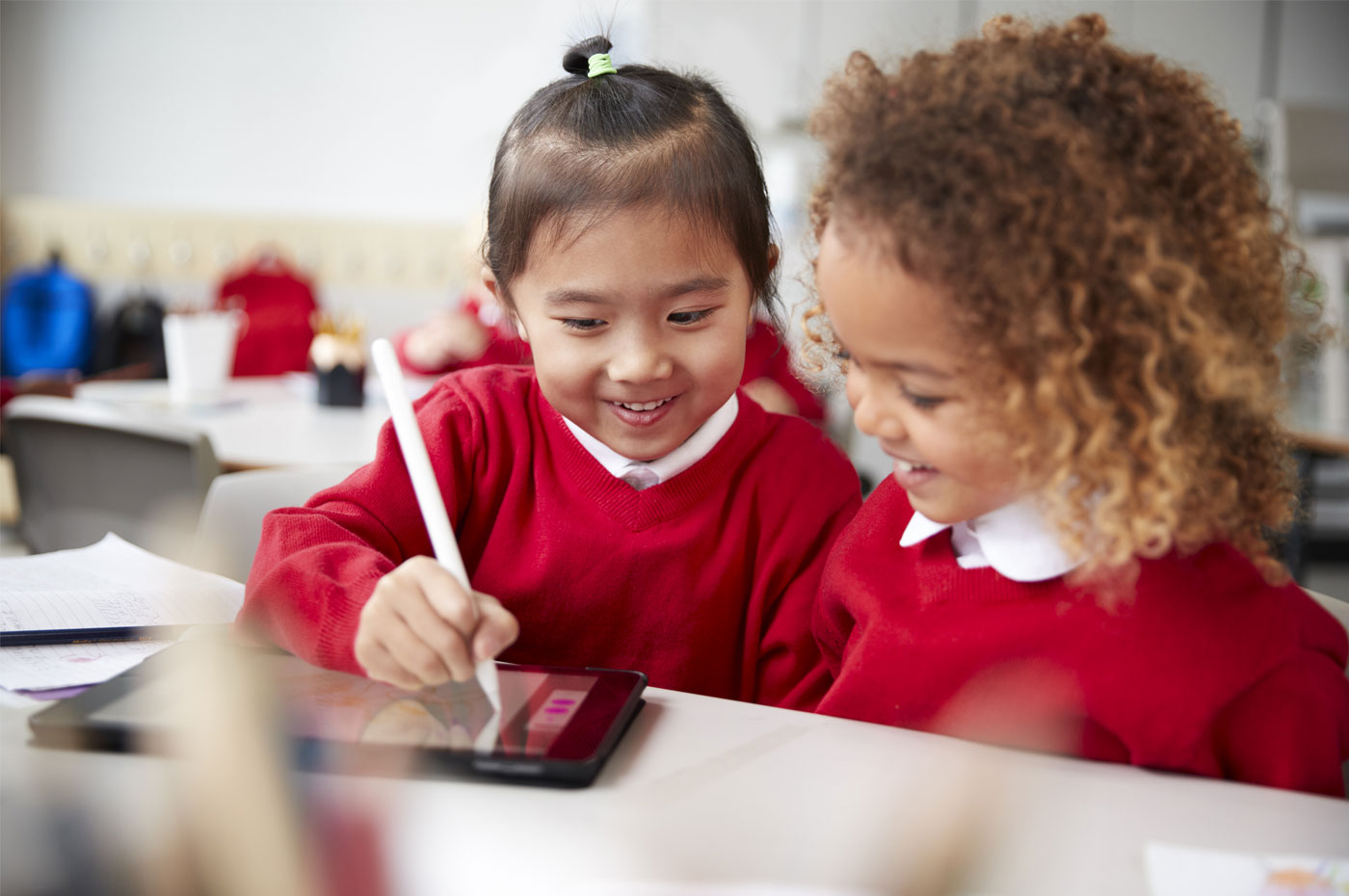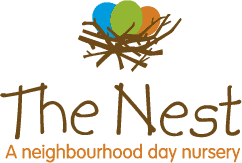Supporting children’s transition to school

School readiness may be better described as being ready for the transition to school.
A Child who is ready will find the transition easier and adapt to changes.
Some of the characteristics of school readiness or transition to school are;
- Communication skills, able to communicate their needs and wants and listen to others.
- Be independent, able to dress themselves and use the toilet.
- Understand boundaries and routines.
- Able to socialise and make friendships.
- Turn take and share.
- Use tools with increasing control.
These statements are in the 3 prime areas of the EYFS of communication and language, physical development, personal social and emotional development.
It is these 3 areas that relate most to school readiness as a child needs to be emotionally ready, physically ready and have communication skills.
Some factors may affect children’s readiness for school, these include:
- Not having pre school or nursery experience; pre school or nursery children will have had more experience in group times, going to the toilet with little support, have social experience, learnt about turn taking etc.
- The age of the child (may be a summer born child ). Children who are older when start-ing school have had more experiences and may be more mature in different areas of development and younger children may not.
- The child may not speak English or have cultural differences; school experience may be different in other countries and they may start at a later age than the UK. English may be an additional language and the child may not have had a lot of exposure to English language.
- Special educational needs; areas of physical development, communication, behav-ioural or emotional may be affected.
School readiness starts as soon as a child enters the Nest. We promote independence and self care, learn about turn taking, the children understand boundaries and we pro-mote good behaviour. The children listen to others, they eat a healthy diet, gain both gross and fine motor skills through a range of activities on offer and having good man-ners.
Unicef state that ‘being ready for school could be defined as having a good start in life, in a nurturing and safe environment that enables children to survive and be physically healthy, mentally alert, emotionally secure, socially competent and able to learn’. ( ac-cessed Unicef 2019)
Practitioners at The Nest keep assessment records on children’s progress throughout their time at the setting and regularly observe the children. Looking at a child’s tracker will show any gaps in the child’s development regarding the EYFS.
The continuous provision in the setting can help children who are about to begin this new journey, for example, some local school uniforms are kept in the dressing up box, we share books and have group discussions about starting school. At our setting we have a former child who comes back for a visit to chat to the school leavers about ‘how fun’ school is.
The quality of a child’s early experience has a huge impact on their future.
The three prime areas of the EYFS which relate to school readiness and set the founda-tions for future schooling and learning are embedded within these are:
Physical development;
Moving & handling; ‘using tools with increasing control’.
Health & self care; ‘washing and drying hands, dressing themselves, attending to toilet needs, eating a range of healthy foods, shows some understanding of the need for safe-ty.’
Personal, social and emotional development;
Making relationships; ‘can play in a group, keeps play going by responding to what oth-ers are saying or doing, forming good relationships, ending a compromise resolving con-flicts.’
Self confidence & self awareness; ‘use activities with help, confident to ask adults for help, confident to speak to others about own needs, interest and opinions, more outgoing with unfamiliar people’.
Managing feelings & behaviour; ‘begins to accept the needs of others, understand that actions affect other people, beginning to negotiate and solve problems, aware of bound-aries set.’
Communication & Language;
Understanding; ‘beginning to understand why and how questions, listens and responds to ideas by others.’
Listening & Attention; ‘maintains attention, sits quietly, able to follow directions. Listens to others or one to one’.
Speaking; ‘begins to use more complex sentences, uses talk to connect ideas, introduces a story line in their play, extends vocabulary.’
Some of the specific areas of learning relating to being prepared for school also include;
Literacy, where a child enjoys an increasing range of books, can look at books inde-pendently, joins in with rhymes, can recall stories and have favourites. Being able to give meaning to the marks they make and hear the initial sound in words.
In mathematics being able to recognise numerals 1-5 and beginning to count objects.
In understanding the world, having an interest in people and communities and showing concern for living things.
Expressive arts and design being able to select resources and tools, playing alongside other children engaged in the same thing, imaginative play.
Once practitioners know the school a child has been accepted at, they will be contacted and leavers reports written. The school may carry out nursery visits, if not they will do home visits. Schools often have visit days and sometimes the child’s key person is invited along. If a child has additional needs then the nurseries SEND (special educational needs diversity) will contact the school. It is important to work with all others the child has been involved with and the school informed, these could be speech and language, occupational therapists or medical specialists or any person from the local authority.
Visits between families, nurseries and schools provide good opportunities to share in-formation. We encourage Parents to support their child, for example, in self care to en-couraging their child to dress themselves and carry out toileting. Taking their child to school events and finding out if any of their peers will be attending the same school.
